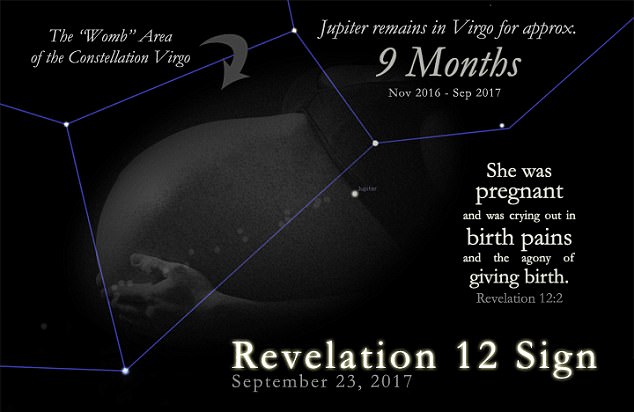

Really? Enjoying a historical novel depends on a willing suspension of disbelief. Oh, and Judas is really Jesus' evil twin. But accepted as mainstream practice in Second Temple period Judea? I wasn't buying it for a moment and filling a bibliography with the likes of Elizabeth Clare Prophet and Starhawk doesn't gain it one scintilla of credibility with me. I could believe that remnants of goddess worship could be found in folk practice or even in some underground sects in the Israel of the time of Jesus. I could easily credit the scenario of Goddess worship and priestesses any time before the Babylonian Exile. It's certainly plausible in the time of Solomon whose many wives from far flung nations certainly brought with them varied modes of worship. I completely bought the background of goddess worship in Diamant's The Red Tent set in the time of the Patriarchs. I could well believe there once was a female counterpart and consort to Yahweh (Jehovah) called Asherah. It's not as if Judaism and Judea of this period isn't well-documented from many sources including by Romans, Greeks, Egyptians.

What I find hard to credit in Kinstler's book isn't a married or human Jesus-it's a Paganized Israel at the time it was a Roman province, with "Magdalene" referring to "the High Priestess" who serves the Mother Goddess right within the temple precincts-in an era when anything smacking of Paganism could cause riots, even uprisings among the populace. I found it plausible enough I could go with Graves' vision and enjoy his novel.

I've read that a Jewish man of that era would routinely be married at Jesus' purported age and even a Catholic priest I heard interviewed said that if Jesus was married there's no better candidate than Mary Magdalene considering scripture. In fact, Kinstler lists in her bibliography a favorite book of mine King Jesus by Robert Graves (author of I, Claudius) that also posits a Jesus of royal birth married to Mary Magdalene. It's not that I'm offended by humanized, alternate or feminist views of Jesus. (Notably the whacky cult book Holy Blood, Holy Grail.) This was written over a decade before The Da Vinci Code, but given her Notes and Bibliography at the back of the book shares some common inspirations.

The subtitle of the novel is "The Story of Mari Magdalene in the Service of the Great Mother." It's the first person account of the figure we know as Mary Magdalene in the New Testament and here the wife of Jesus. This was given to me by a friend whose literary tastes I respect, but I'm afraid this a case of a novel that however well-written I couldn't wrap my mind around.


 0 kommentar(er)
0 kommentar(er)
